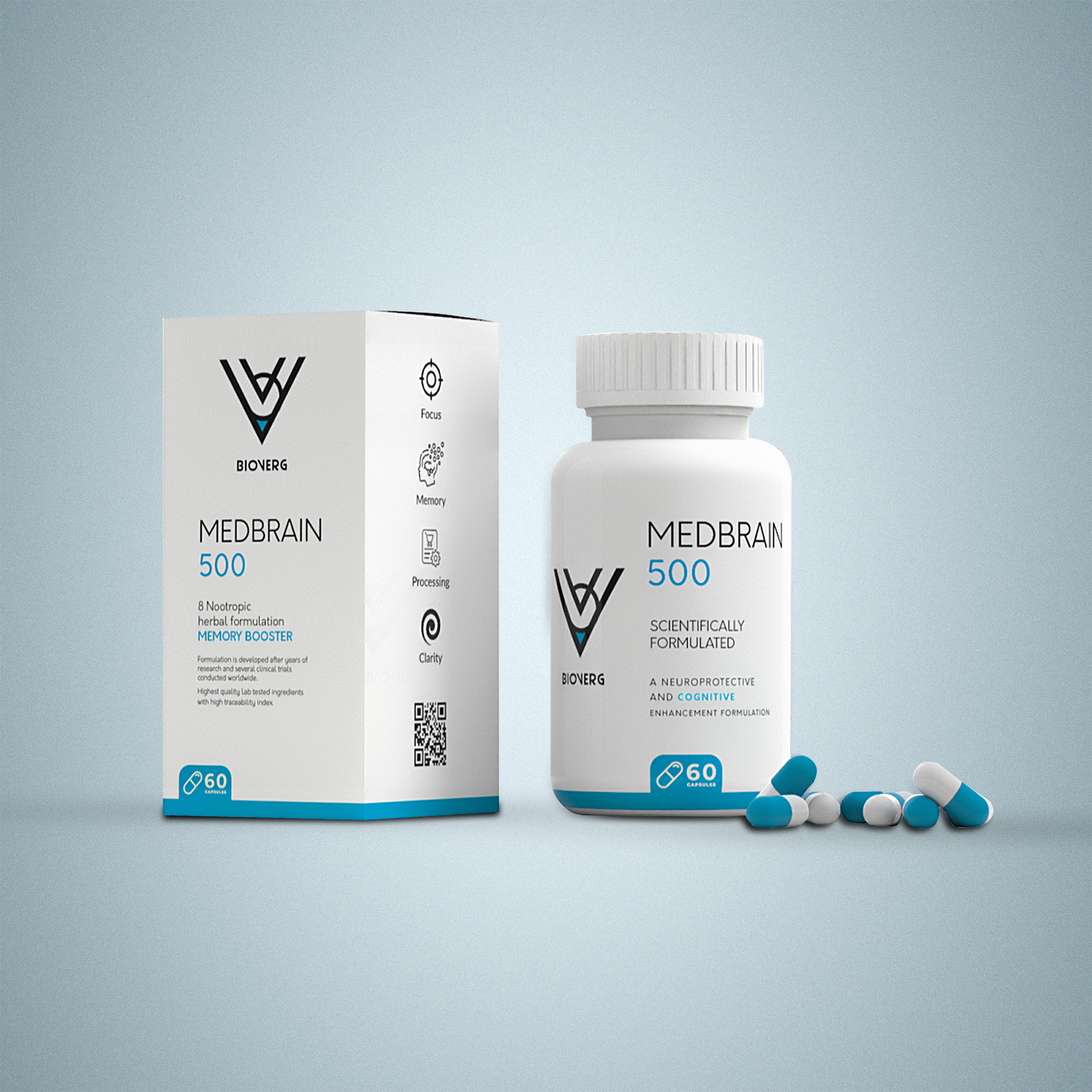Medical cannabis, specifically its cannabinoids like THC and CBD, may offer potential benefits in managing certain symptoms associated with dementia. These symptoms can include agitation, aggression, anxiety, sleep disturbances, and appetite changes. Some anecdotal evidence and preliminary research suggest that cannabis may help improve these symptoms and provide relief for individuals with dementia.
Cannabinoids have been found to have neuroprotective properties, which means they may help protect brain cells from damage and degeneration. This could potentially slow down the progression of cognitive decline associated with dementia. However, more research is needed to fully understand the mechanisms and effectiveness of cannabinoids in this regard.
It's important to note that the effects of medical cannabis can vary from person to person. Different strains and formulations of cannabis may have varying levels of cannabinoids and other compounds, which can result in different outcomes. Additionally, individual factors such as overall health, medical history, and medication interactions should be taken into consideration when considering the use of medical cannabis.
What Studies Exist to Support the Use of Cannabis for Dementia?
A small pilot project conducted in Geneva in 2019 focused on 10 women residing in a care facility who were experiencing severe behavioral problems related to dementia. These women were administered a carefully measured dose of cannabis in the form of an oil containing both CBD (non-psychoactive) and THC (psychoactive). The study found that an oral cannabis extract with higher dosages of THC/CBD, compared to other studies, was well tolerated and had a significant positive impact on behavior problems, rigidity, and daily care in severely demented patients. The incidence of behaviour problems decreased by 40%, half of the women were able to discontinue the use of psychotropic medications, and overall, they became easier for the staff to manage.
A review published in the journal Clinical Psychopharmacology and Neuroscience in 2020 analyzed the existing literature on cannabinoids and dementia. The review highlighted the potential of cannabinoids, particularly CBD, in modulating neuroinflammation, oxidative stress, and neurodegeneration, which are factors associated with dementia.
Does cannabis for Dementia have side effects?
The side effects of using medical cannabis for pain, palliative, and cancer care can vary depending on the individual, the method of use, the dosage, and the type of cannabis used.
It can range from Psychotropic effects like euphoria, drowsiness, dizziness, and confusion to cognitive ones including issues related to memory, attention, and reaction time. Besides, smoking or inhaling cannabis can cause respiratory irritation, coughing, and bronchitis. This can be a concern for patients with preexisting lung conditions.
Cannabis can also cause changes in heart rate and blood pressure, which can be problematic for patients with cardiovascular disease and gastrointestinal discomfort, including nausea, vomiting, and diarrhea.
Key takeaways
Medical cannabis, specifically cannabinoids like THC and CBD, may offer potential benefits in managing symptoms associated with dementia, such as agitation, aggression, anxiety, sleep disturbances, and appetite changes.
Cannabinoids have shown neuroprotective properties, potentially protecting brain cells from damage and slowing down cognitive decline in dementia. However, more research is needed to understand their effectiveness and mechanisms of action.
Individual responses to medical cannabis can vary, and factors like strain, formulation, overall health, medical history, and medication interactions should be considered.
A small pilot project in Geneva found that an oral cannabis extract with higher THC/CBD dosages was well tolerated and significantly improved behaviour problems, rigidity, and daily care in severely demented patients.
Please note: More research is necessary to establish the safety, efficacy, and optimal use of medical cannabis for dementia. It is important to approach the topic with caution and seek professional advice before considering any treatment options.


DISCUSSION FORUM INFLAMMATION